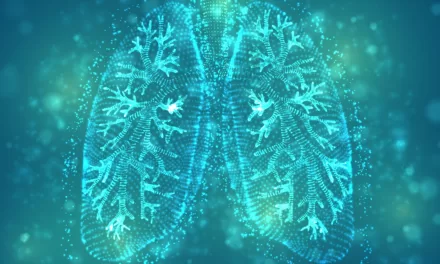In a significant breakthrough, neuroscientists from NYU Grossman School of Medicine have uncovered a mechanism that determines which memories are tagged as important enough to be stored in the brain during sleep. The study, published in the journal Science on March 28, sheds light on the role of brain cells known as neurons and their involvement in memory consolidation.
Led by senior study author Professor György Buzsáki, MD, PhD, the research team focused on a phenomenon called “sharp wave-ripples,” which are rapid bursts of neural activity involving large groups of neurons in the hippocampus. These sharp wave-ripples, resembling shouts to the rest of the brain, occur during pauses in sensory exploration or movement, such as during moments of idle re-assessment throughout the day and during sleep.
The study found that daytime events followed by immediate occurrences of sharp wave-ripples are more likely to be replayed during sleep, leading to the consolidation of these memories into long-term storage. Conversely, events not accompanied by sharp wave-ripples fail to form lasting memories.
“Our study finds that sharp wave-ripples are the physiological mechanism used by the brain to ‘decide’ what to keep and what to discard,” explains Professor Buzsáki.
The research team tracked the activity of hippocampal cells in mice as they navigated through a maze, identifying moments when sharp wave-ripples occurred during pauses, such as when the mice stopped to enjoy a sugary treat after completing a maze run. Using advanced techniques to record neuronal activity, the team observed how the firing patterns of neurons associated with specific experiences were reactivated during sleep, reinforcing the connections between these cells and solidifying the memories.
Dr. Wannan (Winnie) Yang, PhD, the study’s first author, underscores the significance of understanding this innate mechanism in the brain. “Why such a system evolved is still a mystery, but future research may reveal devices or therapies that can adjust sharp wave-ripples to improve memory, or even lessen recall of traumatic events,” says Dr. Yang.
The study marks a crucial step forward in elucidating the intricate processes involved in memory formation and consolidation. By unraveling the mechanisms by which the brain prioritizes and retains memories, researchers aim to uncover potential avenues for enhancing memory function and developing novel therapies for memory-related disorders.
Alongside Professor Buzsáki and Dr. Yang, the study’s authors include Roman Huszár, Thomas Hainmueller from the Neuroscience Institute at NYU Langone Health, Kirill Kiselev from the Center for Neural Science at New York University, and Chen Sun from Mila, the Quebec Artificial Intelligence Institute, in Montréal. The research was supported by grants from the National Institute of Health.











